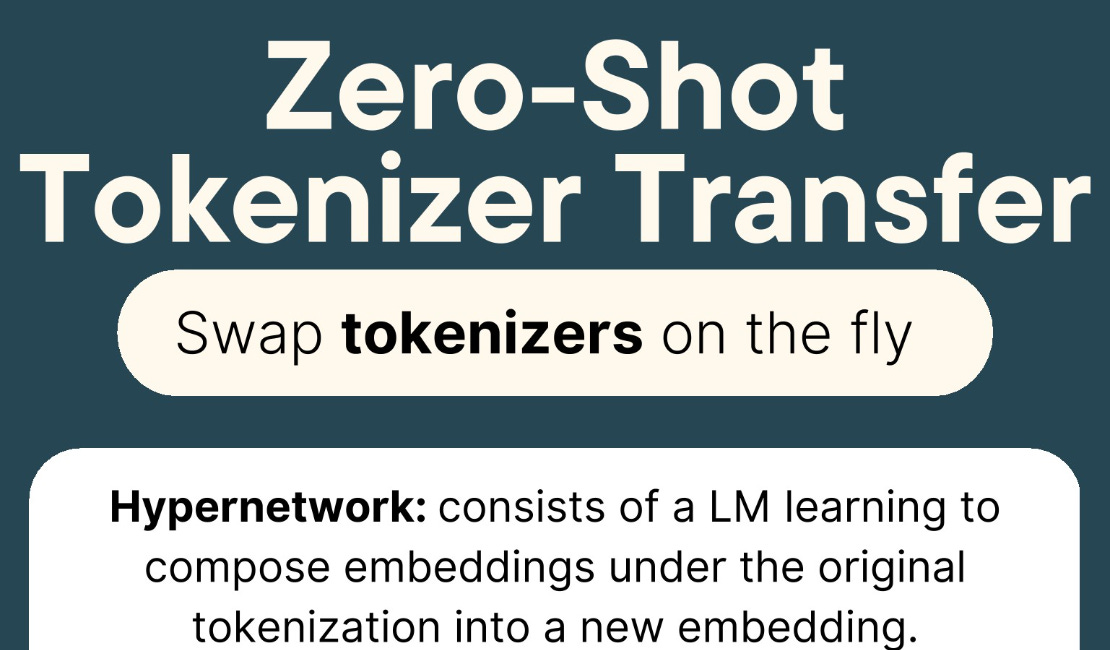Developers Lose GitHub Copilot Copyright Case Again: Implications for the Future of AI-Assisted Coding
From Mridutpal Bhattacharyya, Chief Policy Advisor
In a significant development reported by Techzine, developers have lost the GitHub Copilot copyright case once again. This ruling has substantial implications for the future of AI-assisted coding and raises important questions about copyright and intellectual property in the digital age.
Key Highlights:
The Case: Developers initially filed the lawsuit against GitHub Copilot, an AI-powered code completion tool, claiming it infringed on their copyrights by using their publicly available code without proper attribution or permission.
Court's Decision: The court ruled in favor of GitHub, stating that the AI tool's usage of public code for training does not violate copyright laws. This decision underscores the legal complexities surrounding AI-generated content and intellectual property rights.
Implications for Developers: This ruling may influence how developers approach open-source contributions and the usage of their code in AI training models. It highlights the need for clearer guidelines and policies on AI and copyright.
Why This Matters
The outcome of this case sets a precedent for future legal battles involving AI and intellectual property. It brings to light the ongoing debate about the balance between innovation and the protection of creators' rights. Developers, legal experts, and tech companies must now navigate this evolving landscape with heightened awareness of the legal ramifications of AI technology.
To read the full article, visit Techzine: Developers Lose GitHub Copilot Copyright Case Again.
Disclaimer: This content is provided for educational purposes only. Full credit goes to the original authors for their insightful analysis.
More Updates by ISAIL
AI Patentability is Messy: Check out the AI and Intellectual Property Training Programme
In the times when using third party #artificialintelligence LLMs is becoming a fad, it is natural to ask some basic questions around what copyright or patent law frameworks may be applied, and in what way. I have addressed AI patentability issues in detail since the early 2020s in our insights at
The Long-Run Costs of Highly Competitive Exams for Government Jobs
Introduction Public sector recruitment exams are a common method used globally to select government employees. These exams are known for their high competitiveness, especially in countries where public sector jobs are significantly more valuable than private sector ones. A recent study by Kunal Mangal, published in the
The Importance of Zero-Shot Tokenizer Transfer for AI Policy
A recent LinkedIn post by Marcel Marais, titled "Zero-Shot Tokenizer Transfer Overview", delves into a fascinating development in natural language processing (NLP) and AI technology: zero-shot tokenizer transfer. This concept is pivotal for advancing AI models' capabilities and has significant implications for AI policy makers.
[New Report] The Indic Approach to Artificial Intelligence Policy, IPLR-IG-006
Dear Reader, We are thrilled to present "The Indic Approach to Artificial Intelligence Policy," a seminal report that reimagines AI governance through the lens of Indian philosophical traditions. Authored by Abhivardhan, this report is a must-read for anyone interested in the intersection of AI, ethics, and cultural context. It introduces the Permeable In…








![[New Report] The Indic Approach to Artificial Intelligence Policy, IPLR-IG-006](https://substackcdn.com/image/fetch/$s_!USOW!,w_1300,h_650,c_fill,f_auto,q_auto:good,fl_progressive:steep,g_auto/https%3A%2F%2Fsubstack-post-media.s3.amazonaws.com%2Fpublic%2Fimages%2Ff3e02e1f-2b9e-400c-95e7-11d28b27bc90_1949x1382.png)